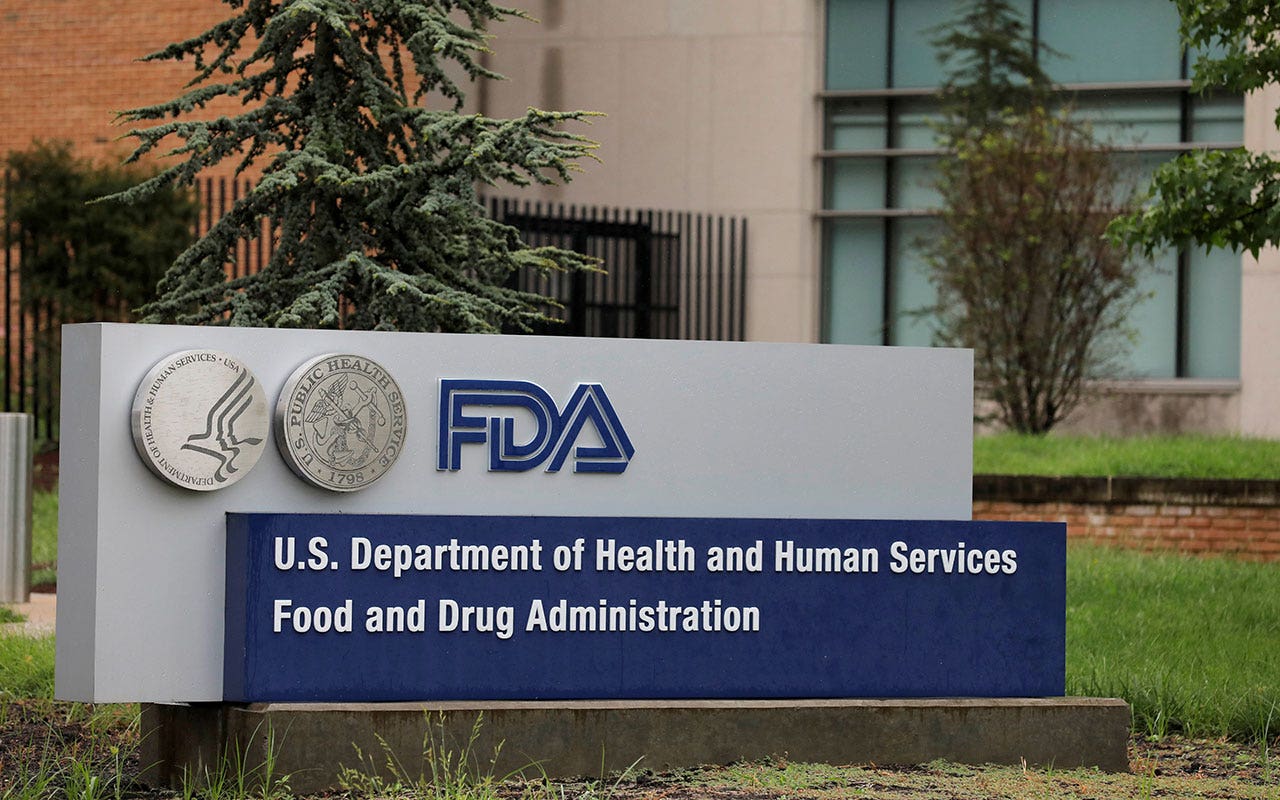New Jersey Gov. Phil Murphy, a term-limited Democrat, unveiled a $58 billion budget on Tuesday amid immense uncertainty about whether billions of dollars the state counts on from Washington will show up.
Murphy’s final spending plan before leaving office next year is $70 million smaller than last year’s, a sign of belt-tightening. It includes a $6.3 billion surplus.
The budget proposal does not try to predict what cuts President Donald Trump, DOGE or a Republican Congress may make to federal spending over the next year, but Murphy administration officials are bracing for impact.
Murphy said there is more uncertainty in Washington now than “at any other point in modern history” and the state budget cannot be negotiated in a bubble.
“There is a distinct possibility that we will, instead, need to pursue a ‘break the glass’ strategy,” the governor warned, according to prepared remarks of his annual budget speech. “What that looks like, we cannot yet say. But we must acknowledge — and adapt to — this new reality.”
The state has had to scrap its early numbers before, including the budget proposal Murphy made just before the pandemic in 2020.
Murphy said he would defend the state from federal attacks on civil rights, abortion rights and immigrants, but his speech was muted compared to Illinois Gov. JB Pritzker’s recent State of the State and budget address. Pritzker, a fellow Democrat, used the word “idiot” to describe Trump and his billionaire adviser Elon Musk and compared actions unfolding in Washington to Nazi Germany.
Murphy saved some of his sternest warnings for his successor in 2026, challenging the next governor to “do their part to prioritize the future of our people instead of catering to the political interests of the present.”
This year’s budget proposal, which covers spending from July through the end of next June, doesn’t have many new big ticket items. It includes modest line items to expand pre-K, $50 million for reproductive rights programs and $1 million to staff up the Attorney General’s Office, which is fighting Trump administration policies and spending freezes.
The budget includes $1.2 billion in new taxes and fees, according to administration officials. The largest among them would hike taxes on online gaming and sports betting to 25 percent, which will bring in $404.4 million to the state; increase taxes on the sale of property known as the Realty Transfer Fee, which is expected to bring in $317 million; and expanding what is subject to the sales tax, which will bring in $277 million. Smaller tax and fee increases would apply to cannabis, cigarettes and alcohol.
The budget includes $4.3 billion for various forms of direct property tax relief. That figure, including money for Murphy’s ANCHOR rebates and for Assembly Speaker Craig Coughlin’s StayNJ program for seniors, amounts to more than 5 percent of the budget.
The largest new spending is $815 million to fill the long-anticipated hole at NJTransit. In the current budget year, which began last summer, the governor levied a “corporate transit fee” on the state’s largest businesses to raise money for the transit agency, but the governor is planning to use the $1 billion being collected this year to pad the surplus.
That surplus, 15 times larger than the one the Democrat inherited from Republican Gov. Chris Christie in 2018, is something Murphy views as part of his legacy, along with making huge multibillion-dollar pension payments each year. One budget document from the administration describes the budget as “leaving New Jersey better than we found it.”
That’s because previous administrations and legislatures had shortchanged the pension system, the school funding formula and left the state with perilously slim rainy day funds.
Murphy, a former investment banker, has spent years making up for that can-kicking. The pension payment he plans to make next year is $7 billion — many times higher than the $1 billion the state would owe if past administrations had been paying all along for the promises they made to public workers.
State Treasurer Elizabeth Muoio acknowledged that New Jerseyans aren’t going to be picketing in the streets for a larger surplus, but if there was ever a reason to, it would be the federal uncertainty right now.
Even a robust rainy day fund can’t handle some of the scenarios state officials worry about. Budgeted at $6.3 billion, New Jersey’s surplus “is not going to handle a $10 billion hit to just Medicaid or some of these other changes we’re seeing,” the treasurer said in a briefing for reporters ahead of the governor’s speech.
New Jersey gets about $27 billion a year from the federal government, about half of which is to help provide Medicaid insurance to 1.8 million low-income and disabled residents.
The money from Washington isn’t counted as part of the $68 billion figure for the state general revenue budget. Yet each lost federal dollar means the state has to choose between letting whatever program the feds were funding whither or ponying up to keep it going. That’s especially hard for Medicaid because of its sheer size and because of the consequences of pushing the state’s most vulnerable people off health insurance.
“When it comes to Medicaid, it’s these people’s lives, their health, so it’s very sobering,” Muoio said.
During a trip to Washington last week, Murphy and other governors — from red and blue states alike — expressed concerns about the steep federal cuts President Donald Trump and House Republicans are considering to Medicaid and other spending programs. Some congressional Republicans, including New Jersey Rep. Jeff Van Drew, are balking at Medicaid cuts too.
The result of Murphy’s prudence in building up reserves and making pension payments has been higher credit ratings for the state.
Still, Republicans are sure to attack Murphy for overspending in prior budgets, particularly when it comes to the use of federal pandemic relief money. Ahead of the budget speech, Republican state senators threatened to sue over spending property tax revenue on “pork” projects.
The budget proposal also sets aside money for StayNJ, which is Coughlin’s plan to reduce property taxes for more than 400,000 senior homeowners. Republicans have warned the program will eventually “explode under its complexity and cost” but the program won’t be fully in place for another budget year, meaning the ultimate fight over whether it’s worth the $1.3 billion price tag will be fought under the next governor.
Murphy is also proposing — and in some cases re-proposing — tax and fee increases that could inflame conservative opposition. The budget includes proposals to raise sin taxes on alcohol and tobacco products, as well as new fees on guns and drones.
Among the most significant of those is a 30-cent-per-pack on cigarettes, which will raise $41 million a year and bring the total state tax to $3 a pack, higher than neighboring Pennsylvania’s but far lower than New York’s. Murphy proposed increasing the cigarette tax by $1.65 a pack five years ago, although it never made the final spending plan. Abouta tenth of the population still smokes.
.png)
 German (DE)
German (DE)  English (US)
English (US)  Spanish (ES)
Spanish (ES)  French (FR)
French (FR)  Hindi (IN)
Hindi (IN)  Italian (IT)
Italian (IT)  Russian (RU)
Russian (RU) 








Comments